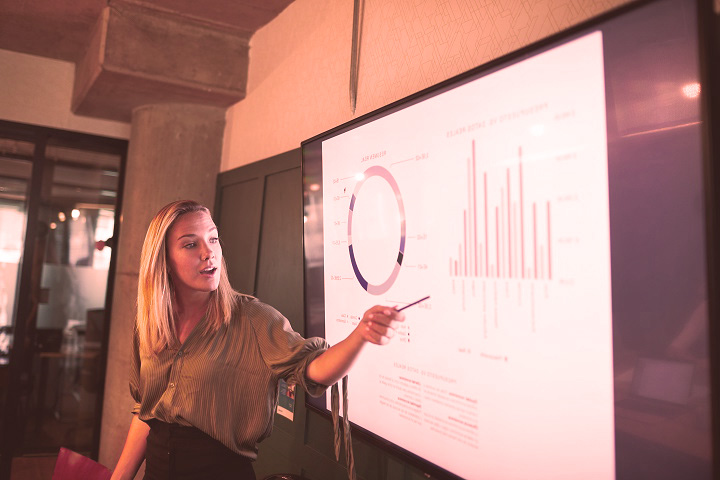HMT Webinar: Business Value Drivers post COVID & Brexit. What has changed?

HMT Partner Wendy Hart recently hosted a webinar to reflect on how business value drivers might have changed in light of both COVID-19 and Brexit. Wendy was joined by David Wrench of YFM and together they considered the various elements of the value equation and how business leaders can focus on each in turn to optimise outcomes in a post-COVID investment environment.
Here are the main topics which were discussed and explored during the webinar.
What is undimmed is the focus of investors and acquirers on both scale and growth. This has been a feature of the market for some time and while there will be exceptions to every rule, businesses of scale are typically more resilient than their smaller competitors. Move the dial for a buyer, allow an investor to deploy a meaningful amount of capital and there tends to be fewer of them in any given market. They therefore benefit from scale not only through their profit number, but also through a higher multiple. By the same token, future growth “franks” a high multiple through the promise of higher EBITDA and will always be a requirement of private equity investors.
If these things are unchanged, what then is different in the wake of a year of lockdowns? One is that business resilience is under the microscope. COVID-19 was a “black swan event”, predictable but not predicted and it took all companies and their investors by surprise. Business risk isn’t now a compliance issue, but a strategic one to be unpicked and assessed at the highest levels in an organisation. What else have we not thought of? And what business characteristics will best guard against it? Where investors may have been phlegmatic about customer or sector concentration or sub-optimal working capital management; these things add unnecessary risk to a suddenly much riskier world.
So investors and acquirers are attaching value to characteristics which reduce risk and which are suited to a post-Covid environment. The use of technology tools to drive efficiency, increase supply chain and customer integration, accelerate growth and eliminate human failings has long been a trend in business value creation. The pandemic has accelerated and embedded that imperative. Those businesses which have hardly been touched by COVID-19 are those that are the most virtual, the most connected and the most self-served by their customers. While pure technology businesses have been in high demand over the last twelve months; this focus on technology enablement and systemisation holds true across all sectors and businesses, however old economy they might be.
What is the impact of the far-reaching societal and governmental changes that we have experienced over the last 12 months on business valuations? So much has changed that it is incumbent on every business leader to reflect on the impact of those changes for their organisation and to identify where the risks and opportunities lie. Not only has there been a reinvigorated focus on public health, on online learning, on the world of work and the impact on the office, on social care provision, on how we consume music and art and entertainment; but we know that travel will be changed, the retail and casual dining sector has transformed and that last mile logistics has become critical. At the same time, movements like “Black Lives Matter” and #metoo have changed perceptions and priorities. Environmental drivers and social impact have become investor and acquirer considerations. All of these things have changed, perhaps subtly, the interpretation and calculation of business value and businesses that intend to transact now or in the future cannot afford to ignore them, as John Donne almost said, “No business is an island”……
The impact of COVID-19 Government support on the “debt free/cash free” equation, the impact of stretched and decelerated supply chains and reduced freight capacity on working capital cycles and completion mechanisms and the importance of setting and meeting realistic budgets are fundamental areas of consideration.
This is a subject that will continue to evolve as investors and acquirers continue to place their bets in a post Covid-19 environment. At the beginning of the webinar Wendy quoted Babe Ruth; “Yesterday’s home runs don’t win today’s games”.
The world has changed, business value drivers are evolving, business leaders and their advisers need to reflect and respond.
Why HMT
Latest News



